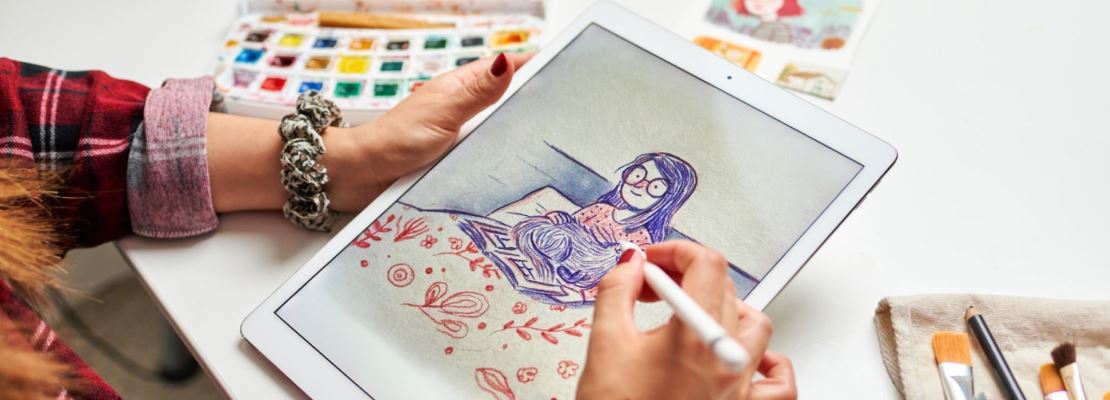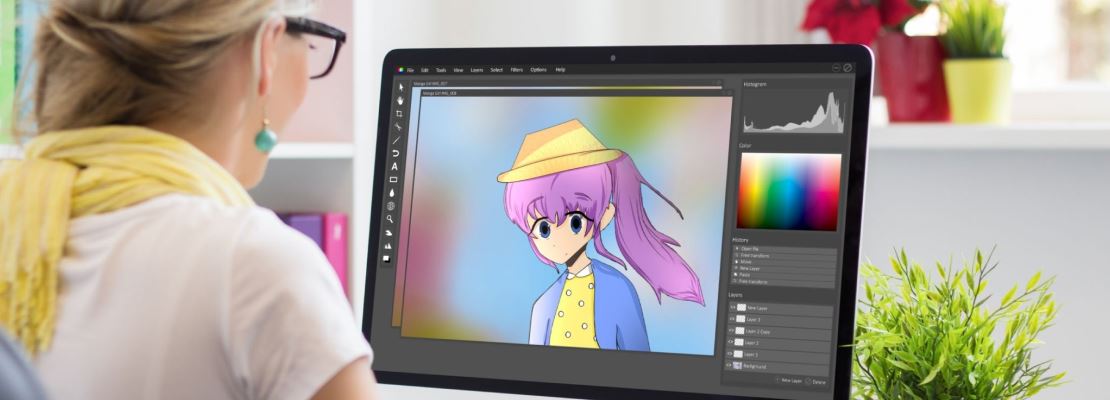 Suggest Product
Suggest Product
The use of humor in illustration to engage audiences
Illustrations have been a part of human storytelling for centuries. Whether it is in books, newspapers, or advertisements, illustrations can convey messages and ideas in a way that is both visually stimulating and easy to understand. However, not all illustrations are created equal. Some are more engaging than others, and one way to make an illustration more engaging is through the use of humor.
Humor is a powerful tool in illustration that can help to grab the audience's attention, convey complex ideas, and create an emotional connection between the viewer and the content. In this article, we will explore the use of humor in illustration to engage audiences, its benefits, and how to effectively use it in your own work.
The Power of Humor in Illustration
Humor is a universal language that can connect people from different cultures and backgrounds. It can be used to create a sense of familiarity, break down barriers, and make people feel at ease. In illustration, humor can be used to make a message more memorable and engaging. When people are laughing or smiling, they are more likely to remember what they saw or read.

The Benefits of Using Humor in Illustration
Using humor in illustration has many benefits. It can help to increase engagement with your content, improve your brand's recognition, and make your message more memorable. Humor can also help to build a positive emotional connection between the viewer and the content, which can lead to increased trust and loyalty.
The Different Types of Humor in Illustration
There are many different types of humor that can be used in illustration. Some of the most common include:
- Satire: Using humor to criticize or ridicule a person or idea.
- Irony: Using humor to convey a message that is the opposite of what is expected.
- Puns: Using wordplay to create a humorous effect.
- Parody: Using humor to imitate or make fun of a well-known person or thing.
How to Effectively Use Humor in Illustration
When using humor in illustration, it is important to consider your audience, the tone of your message, and the context in which it will be seen. Here are some tips for effectively using humor in your illustrations:
- Know your audience: Understand who your audience is and what kind of humor they will find funny.
- Stay true to your message: Make sure that your humor aligns with the tone and message of your content.
- Use humor to enhance, not distract: Humor should add to the message, not detract from it.
- Be careful not to offend: Humor can be subjective, so be mindful of potentially offensive content.
Examples of Humorous Illustrations
There are many examples of humorous illustrations that effectively use humor to engage audiences. For example, the New Yorker magazine is known for its use of humorous illustrations to accompany its articles. The illustrations often use satire or irony to comment on current events or societal norms.

Another example is the work of illustrator Gemma Correll. Her illustrations often feature witty puns and playful characters that make her work both entertaining and relatable.
Using Humor in Advertising
Humor can be particularly effective in advertising. It can help to make a product more memorable and create a positive emotional connection with the viewer. However, when using humor in advertising, it is important to be mindful of the message you are conveying and not to rely too heavily on humor alone.
The Challenges of Using Humor in Illustration
While humor can be a powerful tool in illustration, it can also be challenging to get right. Humor is subjective, and what one person finds funny, another may not. Additionally, humor can be culturally specific, so what works in one country may not work in another.